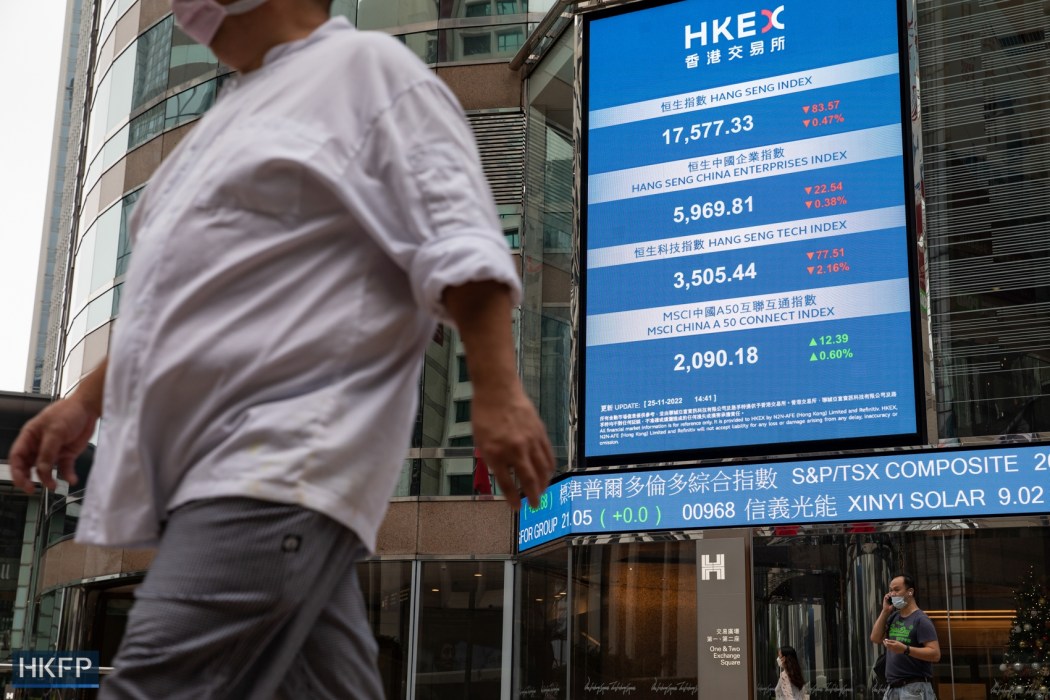The Hong Kong government may face a fiscal deficit of more than HK$100 billion, the city’s finance minister has warned, citing a slow post-pandemic recovery and reduced revenue from land sales and stamp duty.
The city’s predicted shortfall for the current fiscal year could exceed HK$100 billion, Financial Secretary Paul Chan said on RTHK on Friday. Chan previously forecast a shortfall of HK$54.4 billion during his February budget.

The official pointed to an unfavourable external economic environment, saying the deficit was aggravated by a slower-than-expected recovery after the Covid-19 pandemic. The government also received less revenue from land sales and stamp duty income, he said.
“The economic cycle has its ups and downs, and it is crucial to continue developing the economy. With regards to our fiscal situation, we still have reserves of several hundred billion dollars, which can support us through a relatively challenging economic period,” the minister said during the Cantonese radio programme.
According to Chan’s budget announced in February, the Hong Kong government expected to record a deficit of HK$140 billion for the previous financial year, which ended on March 31. The finance chief predicted at the time that the deficit for 2023-24 would be HK$54.4 billion, which would leave fiscal reserves at HK$762.9 billion, or equivalent to about 12 months of government spending.
The measures announced by Chief Executive John Lee in his second Policy Address on Wednesday were expected to increase the government’s recurrent expenditure by billions, Chan told the press on Thursday.

Despite the estimated shortfall, there was no need to “fixate” on the surplus or deficit of a particular year, the minister said, adding the government had no plans to raise salary tax, profit tax or other taxes.
Chan said the city was a “small, fully open economy” that was highly influenced by the economic situation globally and in mainland China. The external environment remained challenging in the third quarter with interest rates rising continuously, which affected the demand for goods and dampened market confidence, the finance chief said.
Worsening geopolitical tensions could add uncertainty to the global economy, making Hong Kong’s economic situation more challenging, Chan said.
“[L]ocal economy is expected to be inevitably affected to some extent. For the remainder of this year, the primary drivers of Hong Kong’s economic growth are expected to come from the tourism industry and private consumption,” he said.
Support HKFP | Policies & Ethics | Error/typo? | Contact Us | Newsletter | Transparency & Annual Report | Apps
Help safeguard press freedom & keep HKFP free for all readers by supporting our team

LATEST FROM HKFP
HKFP has an impartial stance, transparent funding, and balanced coverage guided by an Ethics Code and Corrections Policy.
Support press freedom & help us surpass 1,000 monthly Patrons: 100% independent, governed by an ethics code & not-for-profit.










